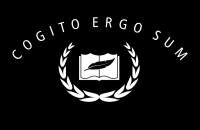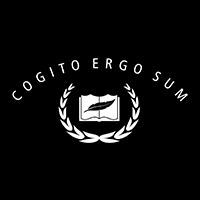Britannica says writing is a “form of human communication by means of a set of visible marks that are related, by convention, to some particular structural level of language.” While this definition may be technically correct, it glosses over the significance of writing in our uniquely human nature.
Is Government Intervention Ever Justified?
Across the world, governments intervene in many aspects of people’s lives, in a way in which individuals simply may not; they can collect taxes, draft people into the military and decide upon what is illegal and what is not. Governments intervene in society, the economy, in both domestic and international affairs. Yet the question remains: are such actions ever justified? In this essay I will argue yes, despite more libertarian arguments against government intervention, we can most certainly justify it.
Should migration be banned?
The term migration can be defined as ‘the movement of large numbers of people, birds, or animals from one place to another’ (Oxford University Press, 2021). In order to effectively answer the question, ‘should migration be banned?’ we must take into account economic, environmental, and ethical factors. Migration can vary in scale; however, this essay will discuss international migration, and the positive and negative effects it can have on a national and international scale.
Why did the photoelectric effect’s discovery win a Nobel prize?
Albert Einstein’s Nobel Prize description provides the reasoning behind the committee’s decision as being “for his services to Theoretical Physics, and especially for his discovery of the photoelectric effect” (Nobel Media, 2021). Previously Einstein’s work had gone unrecognised by the Nobel Committee, which he was personally unbothered by, however his discoveries and theories that still continue to serve physics today, deserve more than one single award. The real questions are, was his thinking too ahead of its time to be comprehended by those on the committee? Did mounting political pressure play a role in the decision? Or was the single Nobel prize intended to be representative of all of Einstein’s work?
‘Revolutions don’t repeat, but they do echo.’ Discuss.
Throughout history, elements of prior revolutions can inspire and resonate within later revolutions. Whilst it would be implausible for a revolution to repeat itself with entirely the same purpose, events and outcomes, there is no doubt that revolutions do echo, oftentimes through the ideas of one field expressing themselves in another. The saying, “history doesn’t repeat itself, but it often rhymes”, (Earys, 1971), attributed to Mark Twain, is a pertinent claim in regard to this essay. The idea of history rhyming and echoing can be seen in the ultimate goal of a revolution. In some ways. all revolutions echo through each other due to this ultimate goal; they exist and occur because people seek the radical change and subversion of systems which no longer serve to honour their liberties or changing political and philosophical schools of thought. This essay will argue that the revolutionary waves of the Atlantic Revolutions exemplify the echoing rather than repetition of history as the drive for liberty, liberalism and nationalism proliferated in the 18th and 19th centuries. It will further go on to discuss how the anti-establishment and pro-liberal sentiment behind the French Revolution heavily influenced and stimulated the growth of feminist ideologies in the 19th century and will conclude by discussing the presence of patriotism and a misconstrued drive to uphold one’s right to liberty in the Capitol Hill riots, which arguably echoed the mentality of the Sons of Liberty and aimed to preserve the raison d’etre of the American Revolution.

